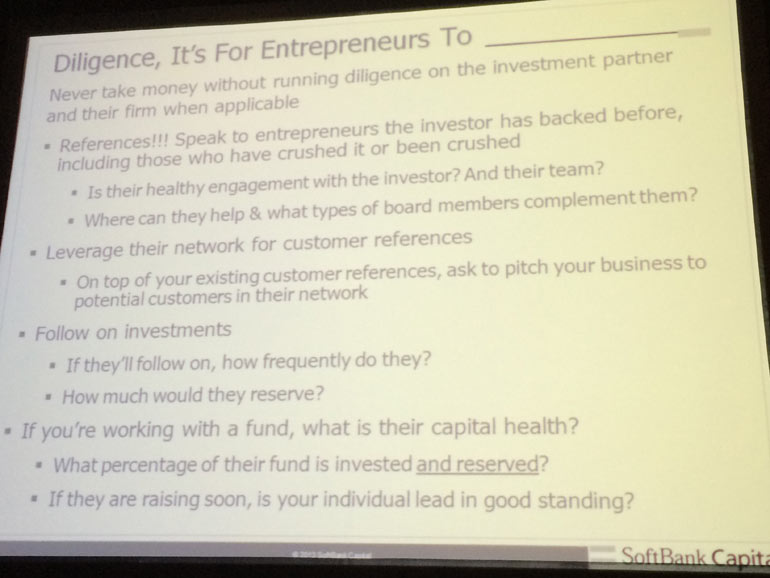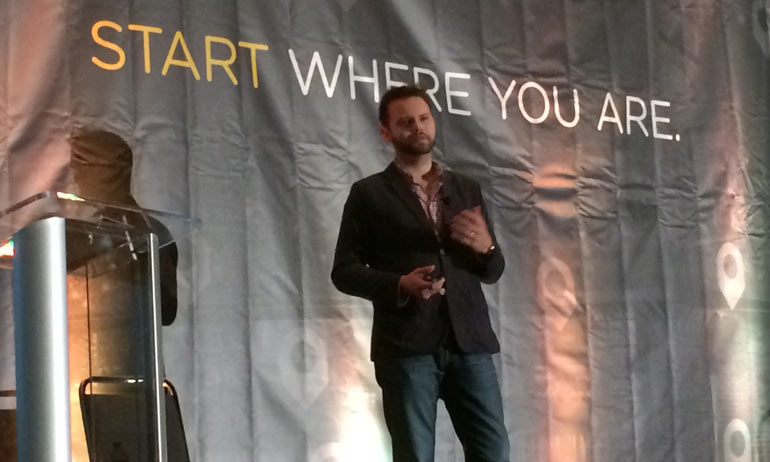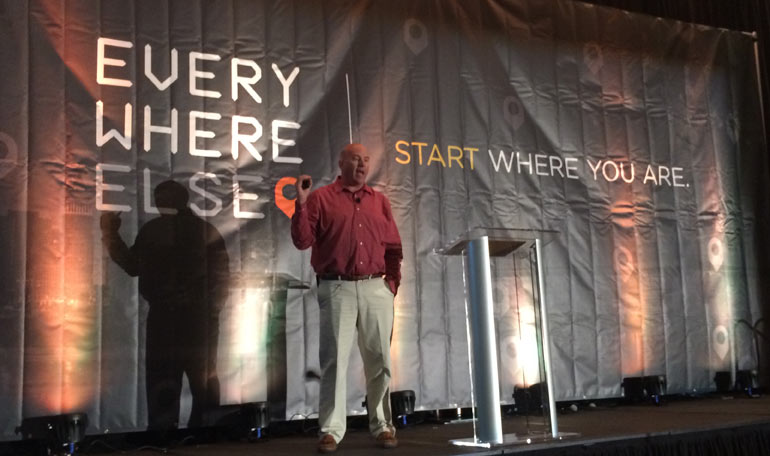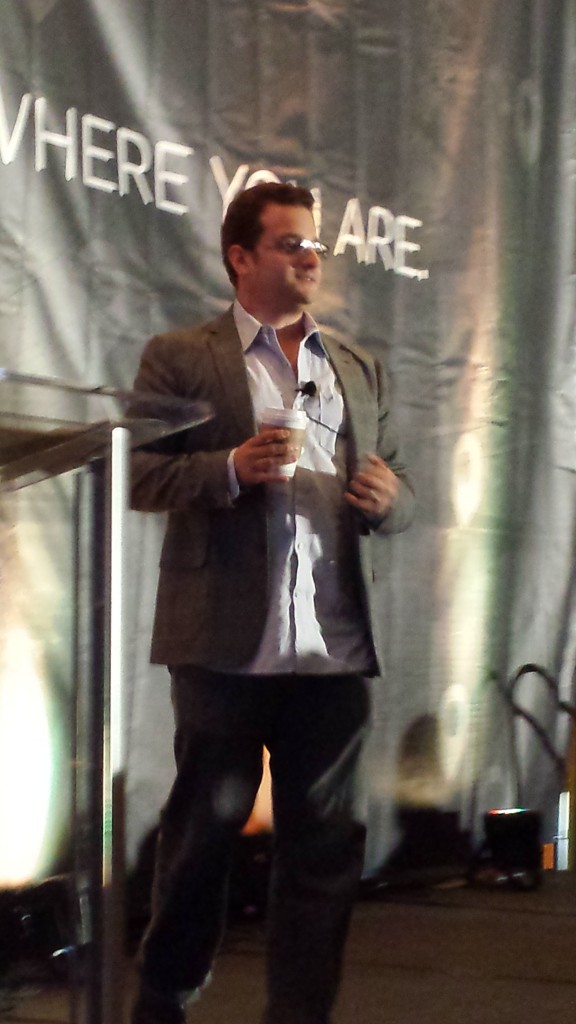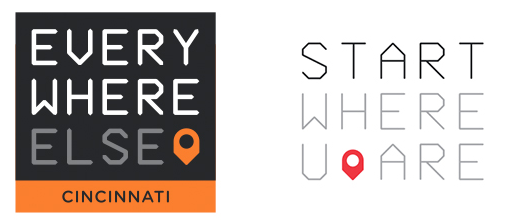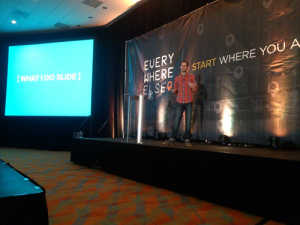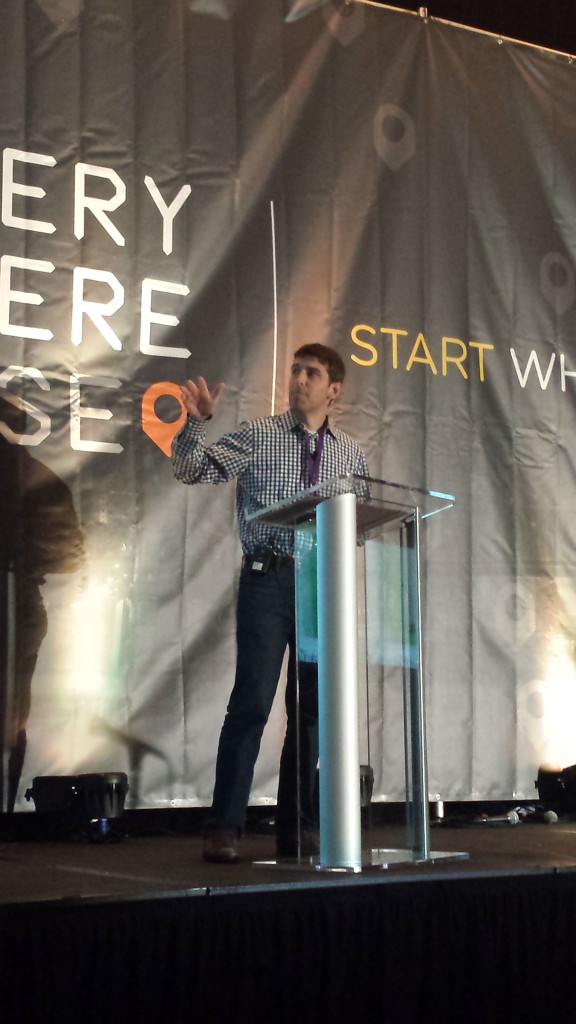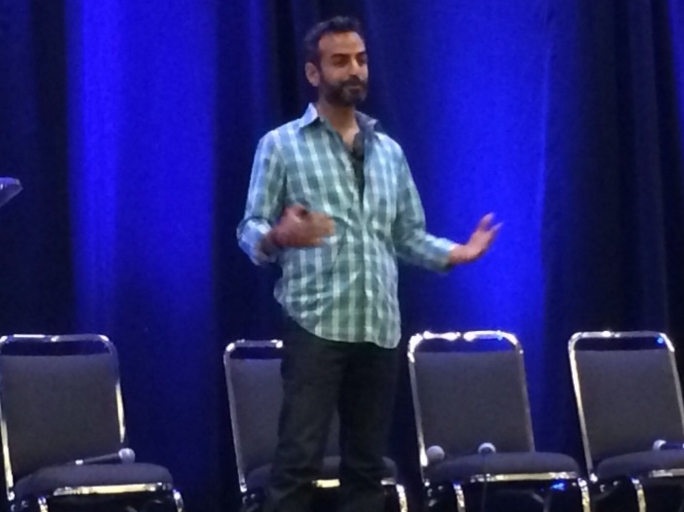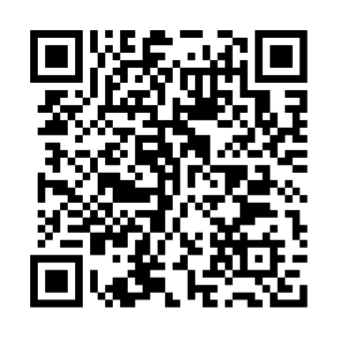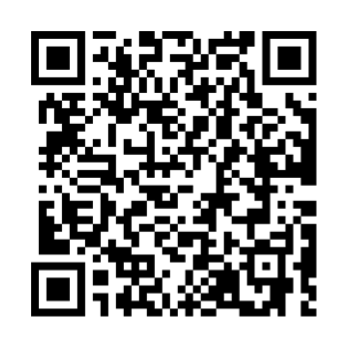
A few weeks back I literally stumbled across a web post about an upcoming conference called Everywhere Else. The event was to be held in Cincinnati and was geared towards start ups located in the Midwest, with a focus on connecting entrepreneurs with investors. I wasn’t necessarily looking for an investor for our company. However, I decided to register and attend. Cincinnati is only a 6 hour drive from Milwaukee and figured I might learn something and meet some cool people. I’m glad I took the road trip, because I was able to do both!
In 2011, I started a company called www.protectyourpumps.com. I consider myself to be a legitimate “shoe addict” with a shoe collection that is about 80% high heels. I believe women feel the most beautiful, confident and alive when wearing shoes they love. Like most ladies, I didn’t mind spending a good chunk of change on quality shoes, however it was frustrating when they became damaged quickly. For that reason, I started a business to sell protective items for ladies footwear, allowing them to step out in confidence.
It’s no secret the major fashion hubs in America are in Los Angeles and New York, so I often travel to attend various fashion events. Attending Everywhere Else Cincinnati was a bit out of the box for me as it was not at all fashion related. In attending this conference I learned business is a lot like music. Listening to only one genre of music can be quite boring and in doing so, you miss out on a lot of good tunes. The same applies to business. As entrepreneurs we are all on similar journeys. It’s great to mix it up sometimes and learn from someone in another industry.
The presentations at Everywhere Else Cincinnati were jammed packed with useful information. Here are my top 5 takeaways, which I plan to use help grow Protect Your Pumps.
1.) Dear Countermined, Please go away! Prior to this conference I honestly had not heard of Andrew Warner or Mixergy. (I know shame on me) However, I left feeling very inspired by him and the journey he is on. He gave a great presentation on your true mind (true,useful and wanted thoughts) vs countermined (not true, not useful and not wanted thoughts). I’m excited to implement some of the practices he talked about to shut my countermined down because hanging on to the negativity only holds me back.
2.) 299 is not 300 Jeff Hoffman founder of Priceline knocked his presentation out the park! He delivered an invaluable tip for entrepreneurs, run hard to the finish line! Jeff said doing 299 of something when you are suppose to 300 is essentially giving up and that is the difference between you and the other guy (or gal).
3.) Your Brand is Your Personality Show it off! In my notebook the only word on the page about Patrick J Woods was AWESOME! He talked about giving your brand beliefs and personality. I hadn’t really thought about it in that way and I’m excited to say we currently have some things underway to really develop the Protect Your Pumps brand more and bring it to life!
4.) Start up CEO=Sales(wo)man and Sales Manager Evan Owens said “All Start up CEO’s are salesmen and sales manager. Learn that role and you’ll soon be leading an organization worth talking about.” That struck a chord with me because in the world of so many internet distractions, it is easy to get away from what is going to keep your business thriving which is SALES.
5.) Respect Niche Skills Evan also said “If you meet a guy who claims to be the best at web development, design, seo and social media. He probably isn’t that good at anything.” This is very important because as a start up, lets keep it real money can be tight. We always want to get bang for our buck. However, finding good people who are strong in a particular area is crucial.
My list of takeaways from this conference goes way beyond 5, however I just wanted to share a few. I’m excited to take these lessons and put them in action. I’ll see you in Memphis!
Kathryn Jackson
CEO/Founder Protect Your Pumps
Author of Blog Skipping in Stilettos-Shoes+Substance
Facebook: Protect Your Pumps
Twitter: @KathrynNJackson @Protect_Pumps
Instagram: Protectyourpumps


